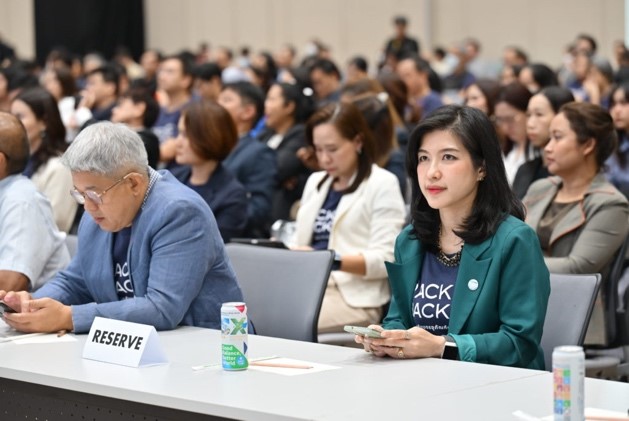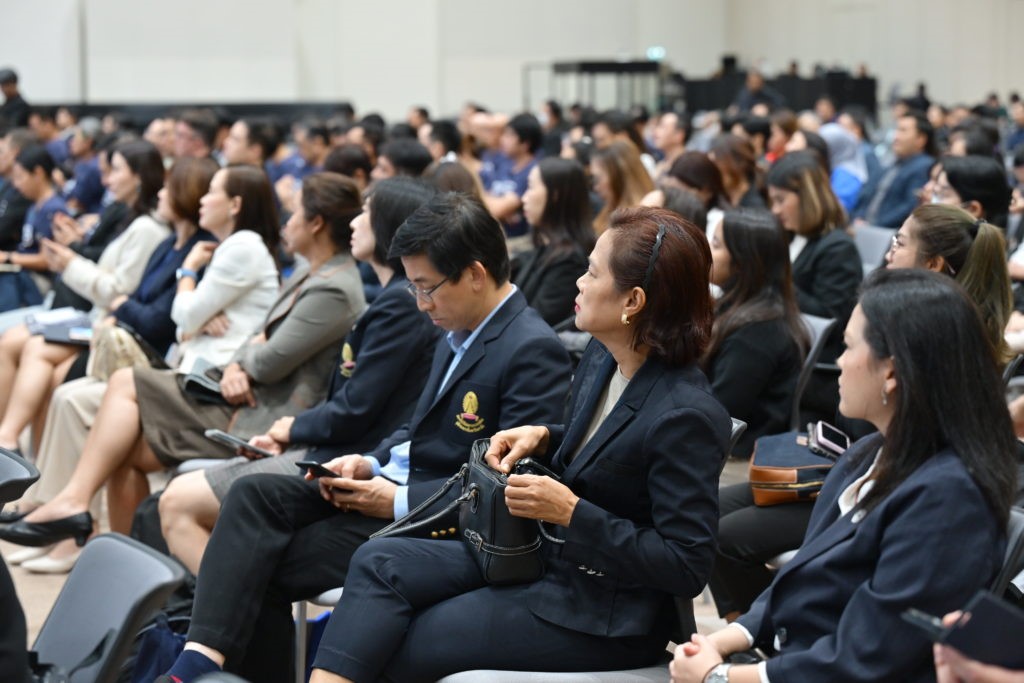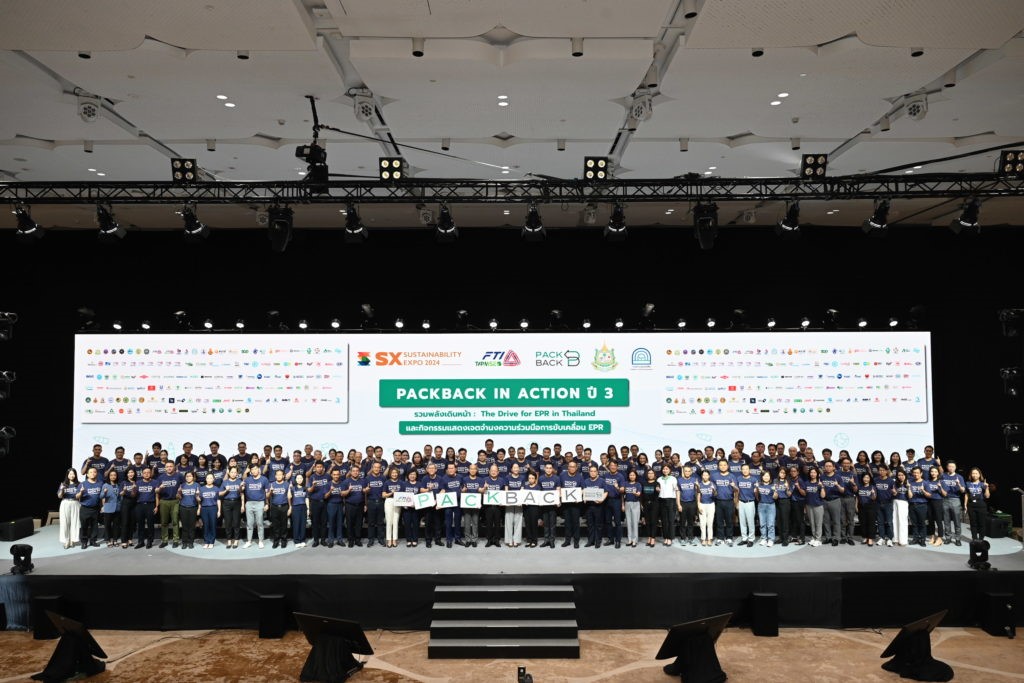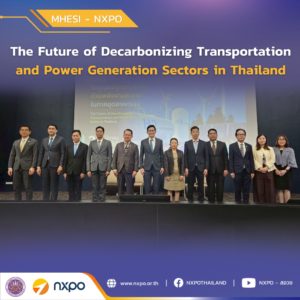On 2 October 2024, MHESI-NXPO, represented by Dr. Saravanee Singtong, Director of Sustainability Policy Division at NXPO, joined 149 organizations in a collective commitment to advancing the circular economy at the event “PackBack in Action Year 3: The Drive for EPR in Thailand”. Dr. Chayanan Pakdeejit, Deputy Permanent Secretary of the Ministry of Natural Resources and Environment and Chairman of EPR Committee, presided over the event reflecting the progress and direction of the Ministry in advancing the national agenda on circular economy and highlighting the cooperation between the Ministry and the Federation of Thai Industries (FTI) in developing an Extended Producer Responsibility (EPR) system for packaging in Thailand.


Mr. Kriengkrai Thiennukul, Chairman of FTI, highlighted that the event was organized to demonstrate the commitment of both public and private sectors to maximizing resource efficiency and advancing Thailand’s sustainability agenda. He noted that Thai businesses, both large corporates and SMEs, must act on EPR to meet international export requirements and comply with the forthcoming Sustainable Packaging Management Law. The Thailand Institute of Packaging and Recycling Management for Environment (TIPMSE), under FTI, is currently coordinating efforts across public and private networks to prepare industries for this new law, expected to be enforced by 2027. Mr. Kosit Suksingha, Vice Chairman of FTI and Chairman of TIPMSE, emphasized the importance of this public-private partnership in driving the EPR initiative. TIPMSE has been serving as the central coordinating body, offering inputs on the EPR draft bill and incentive measures, establishing a database system to support EPR, promoting the design-for-recycling (D4R) principle, and fostering awareness across the chain of responsibility. EPR was piloted in Chonburi through the “PackBack” project, starting in three municipalities – Saensuk, Ban Bueng, and Ko Sichang – with plans to expand to nine more municipalities in 2024. These efforts support the development of local collection systems and lead to the establishment of local regulations tailored to the local contexts.
EPR is a crucial tool for reducing greenhouse gas emissions, including carbon dioxide, methane, and sulfur dioxide, helping Thailand move towards its net-zero emissions goal. It aligns with government’s Bio-Circular-Green Economy (BCG) model, which focuses on sustainability by leveraging Thailand’s strengths, particularly the circular economy. The industrial sector is increasingly transitioning to comply with climate-driven global trade regulations.
Implementing an EPR system requires collaboration from all stakeholders to ensure a comprehensive management approach. As the EPR law is set for enforcement in 2027, all sectors must prepare, ensuring both economic growth and sustainability.








